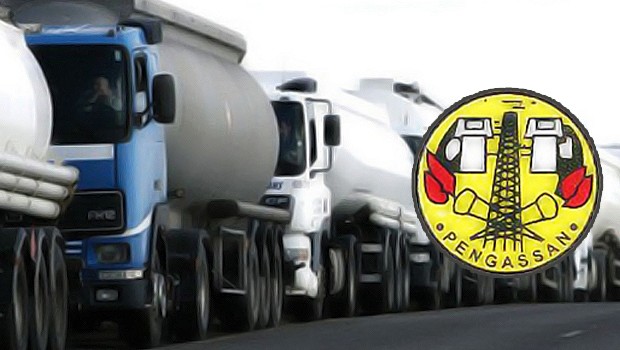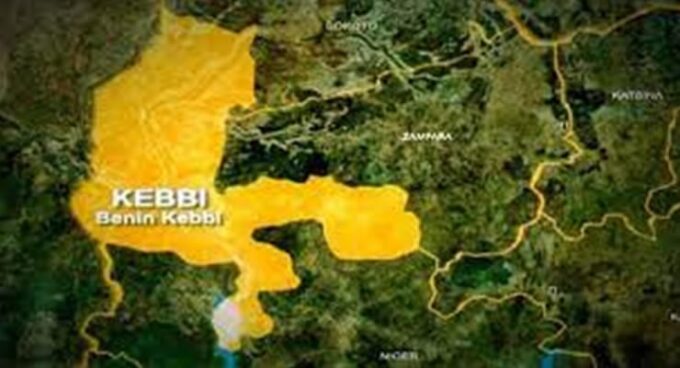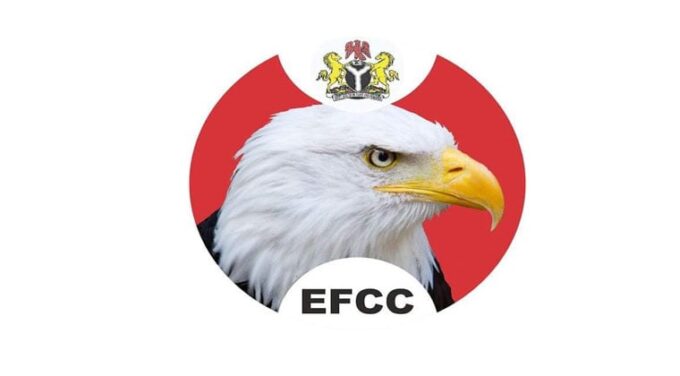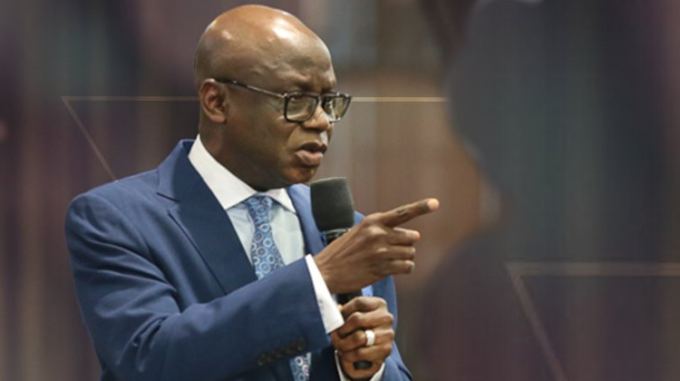The Petroleum and Natural Gas Senior Staff Association of Nigeria (PENGASSAN) has accused petroleum marketers of exploiting Nigerians during a period of declining global crude oil prices and blamed regulatory agencies for failing to enforce a fair and transparent pricing system.
Speaking during a press briefing in Abuja, PENGASSAN President, Festus Osifo, said that despite a significant drop in crude oil prices to about $60 per barrel, petrol pump prices remained high at N850 to N900 per litre, leaving consumers at a loss.
“If you could recall, at the time when the price per litre of petrol was sold around 900 Naira per litre, you realise that the the international crude price was somewhere around $80 per barrel,” he said.
“When the crude price reduced to around $60 per barrel, we did not see commensurate reduction in the pump price. Because naturally, two things contribute principally to the price of PMS or the price of petroleum product. One is the crude price, and secondly is the exchange rate.
“So what that means is that when the crude price reduces, the PMS price also reduces, most especially when the exchange rate is relatively constant.
“If you do the calculation, you will realise that Nigerians were exploited within that period.”
Osifo noted that when crude sold for $60 per barrel, petrol ought to have been priced between N700 and N750 per litre, if the downstream market were operating transparently.
“Yes, we understand that people have invested in their business, and they want to make profit. It is the responsibility of businessmen to maximise profit. That is why we have regulators.”
He therefore called on the Nigerian Midstream and Downstream Petroleum Regulatory Authority (NMDPRA) to act decisively.
“We call on NMDPRA to have a platform with which they publish what the price range is to be, looking at what the class price is, and then selling it to our local price here in Nigeria.
“If this trend continues, it means that if the crude price comes down to \$50 per barrel, we will not see appreciable gains.
“But the way the industry works, tomorrow, when the price of crude rises to $80 or $90 per barrel, we are going to pay more. So why can’t we feel the benefit when the price comes down?”
On the Executive Order recently signed by the President to reduce the cost of crude oil production, Osifo applauded the 20 percent tax credit incentive but emphasized that insecurity remains a major cost driver in Nigeria’s oil and gas industry.
“One of the challenges that is affecting us today in Nigeria oil and gas industry is that the cost that the upstream companies spend in protecting their facilities, both in land, in sea, shallow waters, deep waters, etc., is quite prohibitive.”
“You going to see that for one installation, you are going to have minimum of three or four security vessels. These security vessels will be manned by naval personnel. These security vessels, you pay for them on a daily basis. You pay for the crew on a daily basis. You have to fuel them on a daily basis. They are standing by… Whereas in other countries, it is not like that.”
He linked the cost burden directly to the exit of many international oil companies (IOCs) from Nigeria.
“The chief reason, majority of the oil and gas operators, the international oil and gas companies started leaving Nigeria is principally because of insecurity.”
On the issue of Nigeria’s comatose public refineries, Osifo reiterated the union’s longstanding recommendation that the NLNG model be adopted, with 49 percent government ownership and 51 percent private sector equity.
“We all understand the Nigerian politics that comes in when it comes to national asset management. That is why the last 15 years or more, we have called on government to bring about the NLNG model in the management of the refineries, because that model has worked,” he stated.
According to him, “When this is done, it will reduce government’s interference at all levels… And that is why NLNG is profitable today. It is making billions of dollars per year at profit.”
Osifo also confirmed that the union had resolved its dispute with Sterling Oil Company over expatriate staffing practices.
“We have been able to sign a communique with them. And this communique is going to ensure that more Nigerians are employed by Sterling, and that Nigerians are trained to take over the jobs of these expatriates that we have shouted about,” he assured.


















Leave a comment